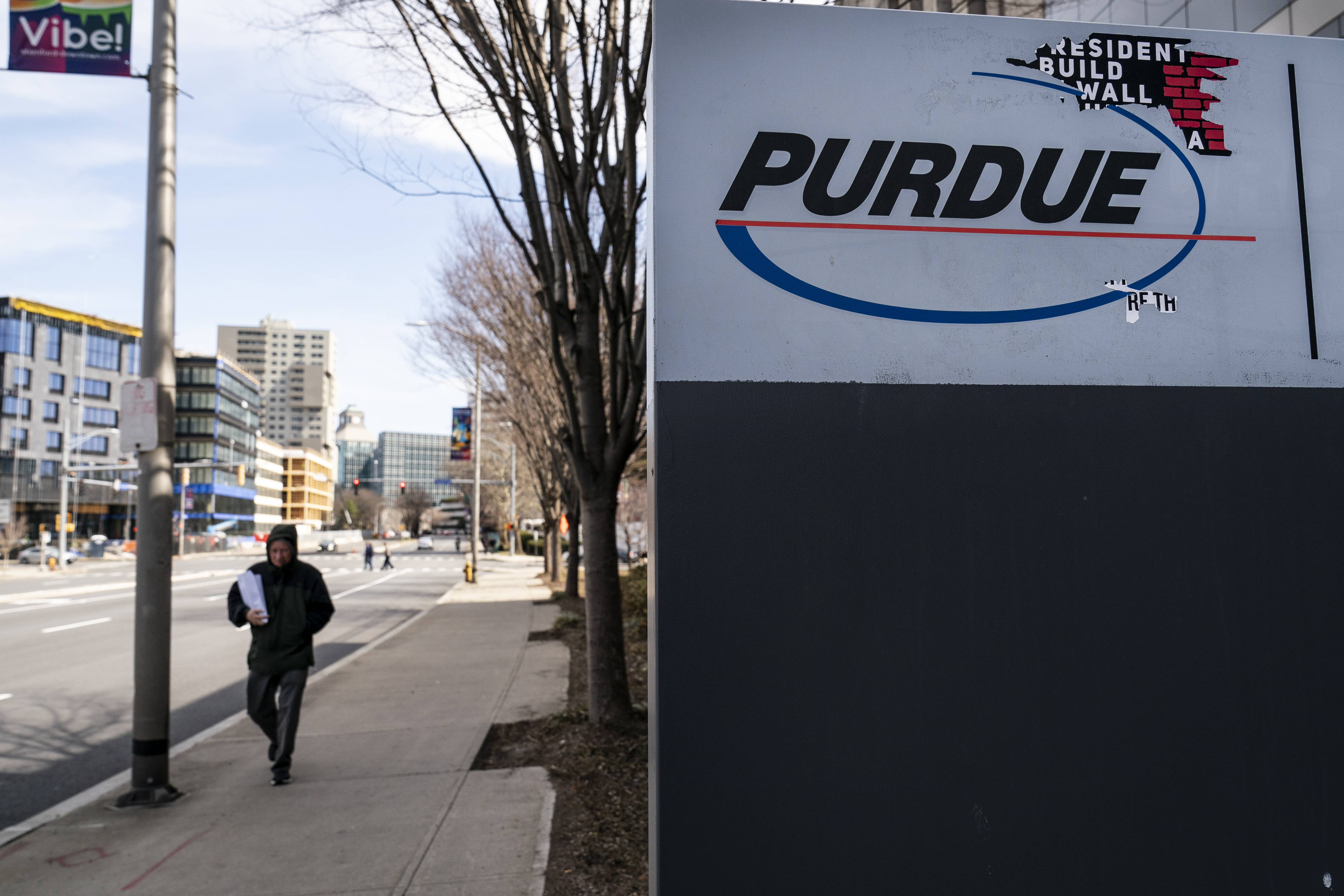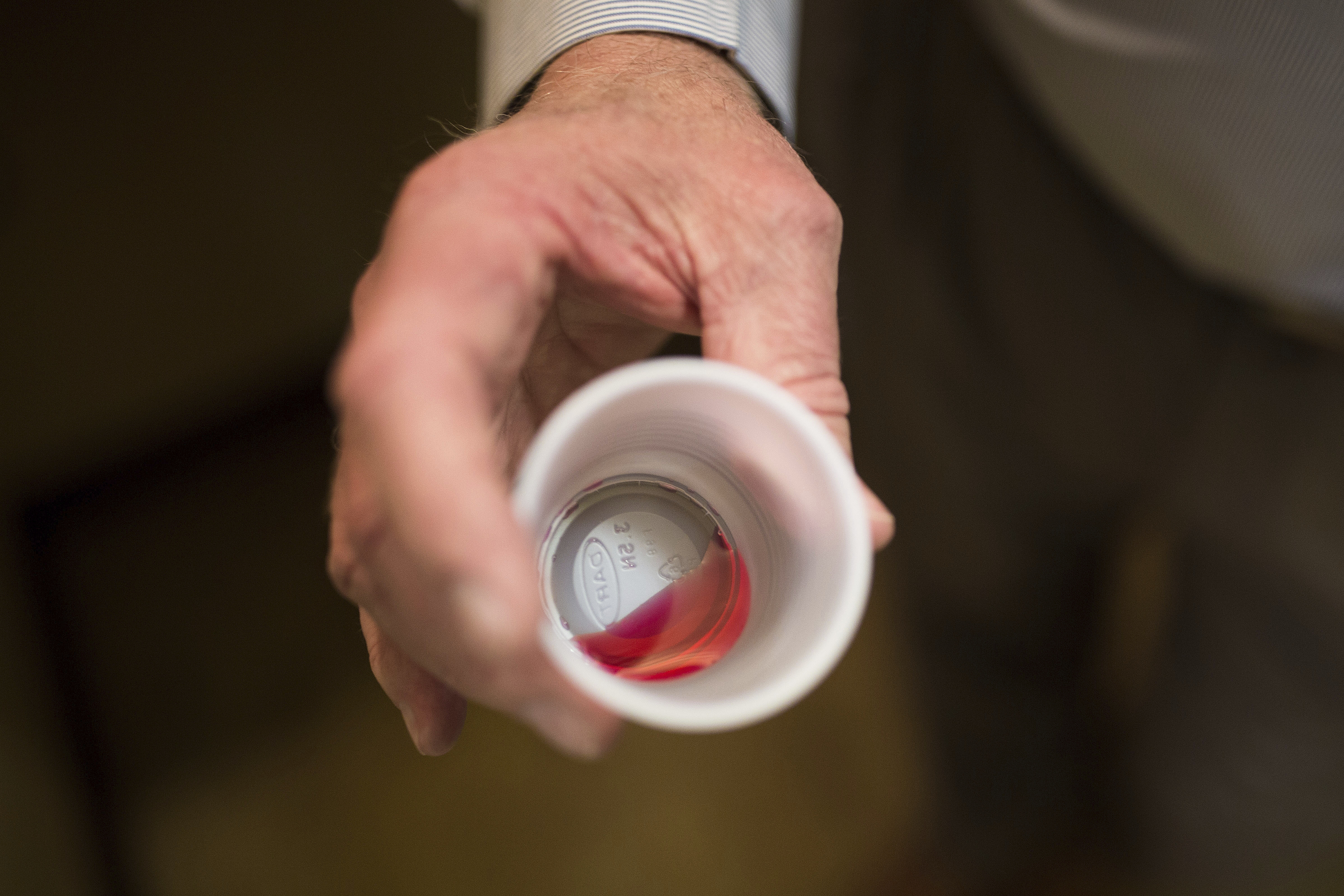For the past year, health experts have been warning that drug overdoses are on the rise. Data from the Office of the Chief Medical Examiner confirmed that the numbers were up in 2020, and a new report out shows just how true that is and just how severe the situation is.
In the New Haven area, a group called DataHaven reports that fatal overdoses were at a record high last year, up 40% from 2019. A total of 141 people died in 2020, compared to 101, the year before, putting the New Haven area far above the nationwide increase of about 30%. This report uses data from the Quinnipiac Valley Health District and the New Haven Health Department.
Dr. Mehul Dalal, the community services administrator for the city of New Haven, sat down with NBC Connecticut's Dan Corcoran to discuss the issue.
Get top local stories in Connecticut delivered to you every morning. >Sign up for NBC Connecticut's News Headlines newsletter.
Dan: "So Dr. Mehul Dalal 40% is a really big increase. Were you surprised to see that?"
Dr. Dalal: "I really appreciate the report as being able to compile all the results over the past year, but I knew that this was coming. We saw the data and as we saw the number of overdoses and the overdoses go up. So it was not a complete surprise before the report came out, but it certainly kind of, you know, puts a very important point out there about how serious this problem is."
Dan: "What do you think is contributing to this spike in overdoses is the pandemic to blame or something else?"
Dr. Dalal: "I think we have to look to the pandemic, that contributes to part of it. I think many people who are using substances rely on a regular set of services. That was disrupted during the pandemic.
Dan: "Fentanyl is by far the most common drug in those overdoses...the DataHaven report says that last year it was involved in 94% of deaths. That hasn't always been the case. Right. So why is this so concerning to you now?"
Dr. Dalal: We're seeing a pattern where urban populations, specifically minorities, which were again, not the primary population, when the epidemic was related to prescriptions are being more and more impacted by this epidemic.
Dan: And we know the City of New Haven has tried to be proactive about drug overdoses in recent years. Last year, the city developed the Harm Reduction Task Force. So what exactly is being done about the problem now?
Dr. Dalal: "Although medication is one of the most important treatments and interventions out there to assist with reducing overdoses and overdose-related deaths, it's very important to keep in mind that we have a spectrum of people out there that are using drugs and some for a manifold of reasons are just not able to access treatment or not ready to access treatment. So our circle of concern goes beyond just treatment, but including those who are actively using drugs and trying to support their best health so they can get to the point where they're ready to accept treatment."
To view the full DataHaven report, click here.
What is fentanyl?
According to the CDC, pharmaceutical fentanyl is a synthetic opioid that is approved for treating severe pain, typically advanced cancer pain, and that it can be 50 to 100 times more potent than morphine.
It is prescribed by a doctor in the form of transdermal patches or lozenges, but it can also be misused and abused. Some people use fentanyl illegally by extracting the fentanyl from the patch and then injecting it.
Fentanyl is often mixed with other drugs, such as heroin, cocaine, methamphetamine, and MDMA - with or without the user’s knowledge -to increase its euphoric effects, according to the CDC. Doctors warn that there is no safe level of drug use and there are severe risks with fentanyl, in particular.
Fentanyl affects everyone differently, based on their size, weight and health, whether that person has taken fentanyl before or if they are taking other drugs at the same time, according to the CDC. The strength of fentanyl varies as well. A dose that is too high can cause chest pain, slowed breathing, seizure, passing out, coma and death.
Officials with the National Institutes of Health report that illegally used fentanyl most often associated with recent overdoses is made in laboratories and is sold illegally as a powder, dropped onto blotter paper, put in eye droppers and nasal sprays, or made into pills that look like other prescription opioids.
The U.S. Substance Abuse and Mental Health Services Administration (SAMHSA) has established a free, confidential information service (in English or Spanish), open 24 hours/365 days, for individuals and family members facing mental health or substance use disorders. If you or anyone you know is struggling with mental health or substance abuse, you can call the number 1-800-622-HELP (4357).
Connecticut State Department of Mental Health and Addiction Services also has an Action Line for adults in distress who are 18 years of age or older. That number is 1-800-HOPE-135 (1-800-467-3135). Assistance and resources can also be found by calling 2-1-1.



